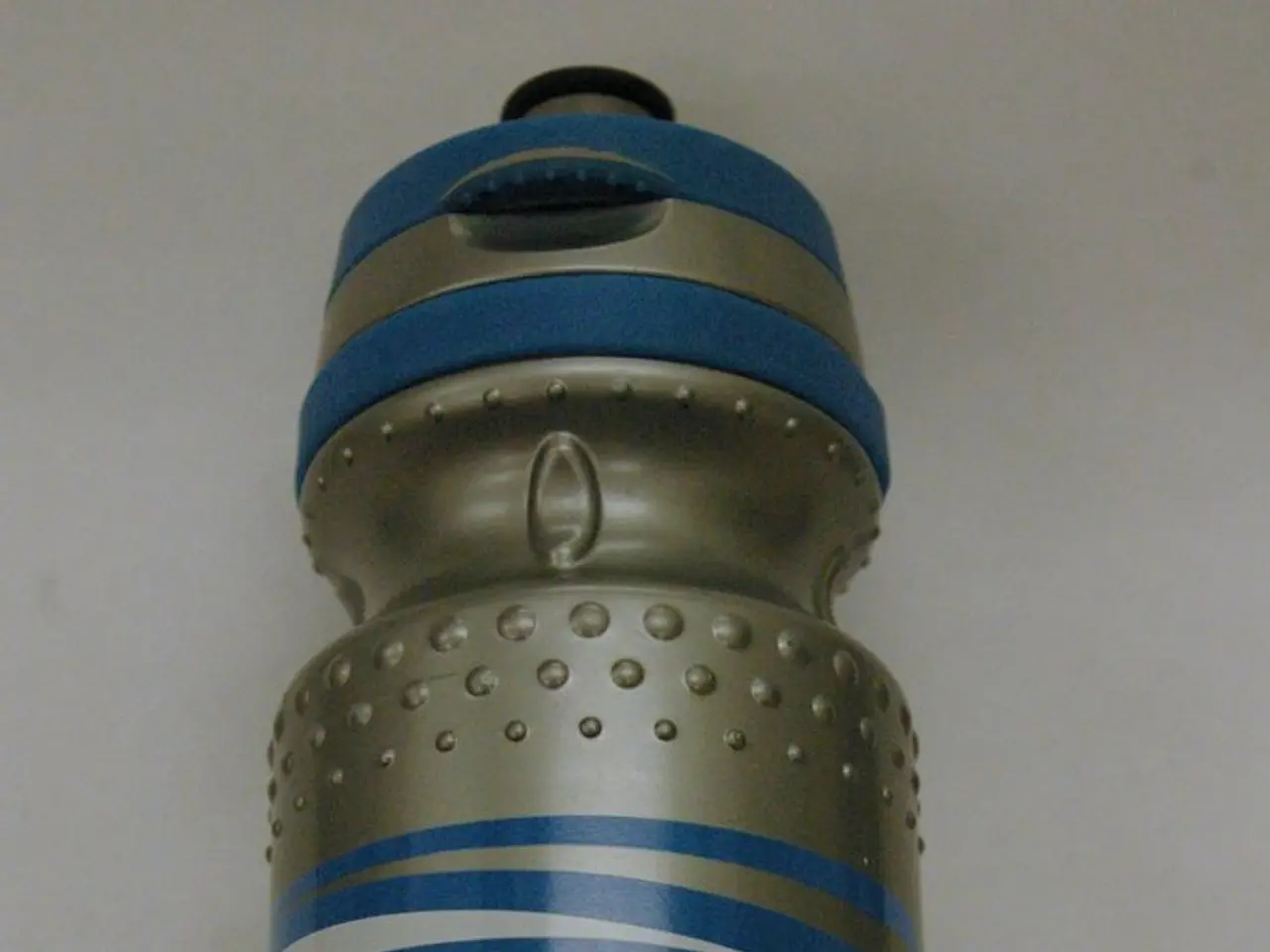Artificial Intelligence now contributes to a stunning 90% success rate in medical advancements
In the rapidly evolving landscape of pharmaceutical research, XtalPi Holdings, a pioneering company founded by quantum physicists from MIT in 2014, is making significant strides in the application of artificial intelligence (AI), quantum physics, and robotics to drug discovery.
Based in Shenzhen, China, XtalPi has established itself as a key player, serving around 80% of major global pharmaceutical companies. The company's innovative approach has not only accelerated the drug discovery process but also improved its success rate and reduced costs.
At the heart of XtalPi's strategy is the integration of quantum physics, AI, and advanced laboratory automation. By modelling and predicting the properties of drug candidates with high accuracy, the company can select promising molecules and minimise the risk of late-stage failures.
The company's "self-driving labs" are a testament to this approach. These highly sophisticated, intelligent automated laboratory systems operate 24/7, enabling rapid scale-up of experiments and data collection, which dramatically shortens timelines compared to traditional manual processes. Automation also enhances reproducibility and data quality, a critical factor for regulatory approval.
XtalPi's success is further bolstered by strategic collaborations with industry giants such as Pfizer. These partnerships provide access to broader datasets, expertise, and resources, enabling XtalPi to refine its AI models and improve predictive accuracy for drug candidates. Such collaborations also support the validation of XtalPi's platform in real-world discovery pipelines.
The benefits of XtalPi's innovations are tangible. AI-driven robotics and automation allow the company to perform experiments at an unprecedented scale and speed, compressing the drug discovery cycle and moving candidates towards clinical trials more rapidly. Automation also lowers long-term costs by reducing manual labour, reagent waste, and the risk of late-stage failures, all while maintaining high precision and consistency.
Moreover, the use of robots minimises human error and variability, resulting in more reliable and reproducible data, which is vital for regulatory submissions and increases the chances of successful drug approvals.
Recognition of XtalPi's groundbreaking work has come in the form of high-value collaborations and licensing deals, such as the global commercialization agreement with US-based DoveTree for AI-discovered drug candidates in multiple therapeutic areas.
The AI-assisted drug discovery market is projected to grow from $1.5 billion in 2023 to $13 billion by 2032, underscoring the increasing reliance on technologies like those pioneered by XtalPi. The company's approach is particularly impactful in lead optimization stages, where AI and machine learning are used to predict target selectivity, biological activity, potency, and toxicity, all critical for improving the success rate of drug candidates.
XtalPi's chief scientific officer, Zhang Peiyu, predicts that integrating robotics and AI could reduce the time to discover new drugs from four to two years. Despite China's lag behind the U.S. in top-tier innovations and fundamental biomedicine research, XtalPi is making significant strides in the field, positioning itself as a frontrunner in the next generation of AI-driven pharmaceutical research.
With approximately 200 AI-controlled robots in its automated chemical lab, XtalPi is set to continue pushing the boundaries of what is possible in drug discovery, heralding a new era of rapid, cost-effective, and reliable drug development.
Science and health-and-wellness intersect significantly in the realm of XtalPi's innovative drug discovery approach. By combining artificial intelligence, quantum physics, and advanced laboratory automation, XtalPi aims to improve drug success rates and reduce costs in health-and-wellness research, accelerating the journey towards new treatments.




